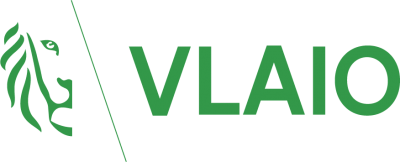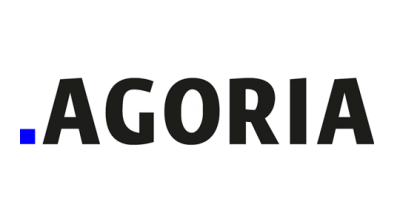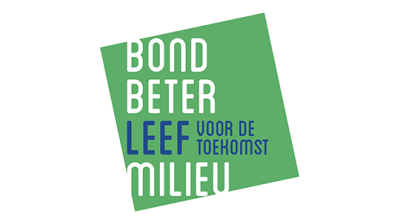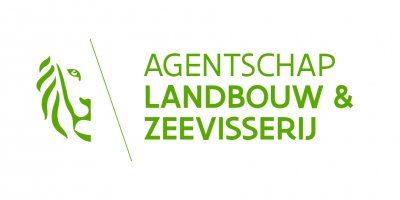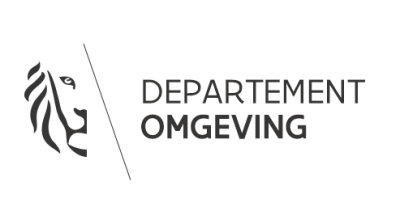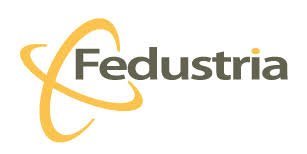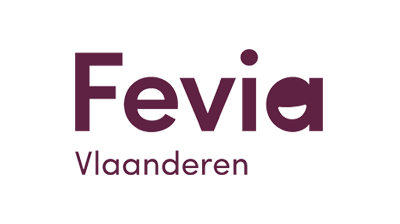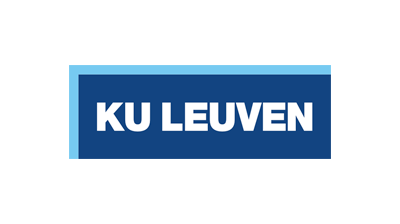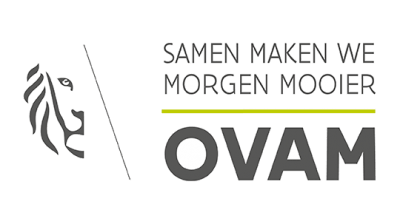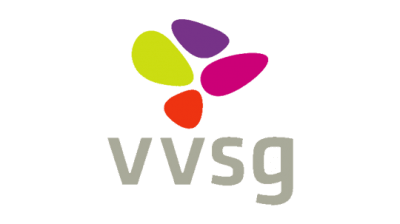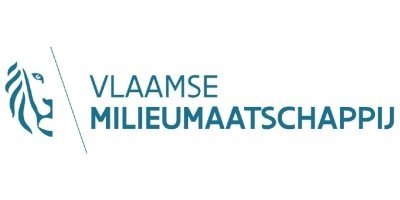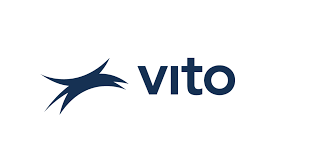Circular care homes
Modular and affordable housing for people with disabilities
Every parent wants to offer their child maximum opportunities for development and growth. Even if the child has a disability. There is also an additional concern: "What if we are no longer here later? Who will take care of my child then?"
Toontjeshuizen wants to provide answers to these questions. Toontjeshuizen wants to let people with disabilities live as independently as possible and be fully part of society.
With various partners from the academic sector, the care sector, the technology sector and the construction sector, we are trying to make the new Toontjeshuizen concept into an exemplary model for circular housing. When making the various building choices, we mainly put the resident and his needs first. In addition, we tried to find a good balance between the affordability, the flexibility, the adaptability and the circularity of the project.
The architecture provides for the reversibility of the function of the spaces, as the needs of the residents also evolve.
With the Open Call Project subsidy, we were able to build up important knowledge that will benefit the adaptability, quality, sustainability and affordability of each Toontjeshuis.
Key results |
Key lessons learned |
|
|
What will the future bring?
The concept of the Toontjeshuizen will be rolled out in the whole of Flanders. At the moment there is certainty that we will be building a Toontjeshuis in Boom. We have also submitted building applications in Niel, Kuurne and Lubbeek. There are also projects with a high chance of success in Jabbeke, Bissegem, Laakdal and Sint-Niklaas.
We also have an interesting collaboration with the KU Leuven. Once our Toontjeshuis is inhabited, they will continue to monitor the project in terms of perception. As a developer, we can do our best to offer a perfect home, but in the end it is the experience of the residents that counts. Monitoring life in a Toontjeshuis is therefore very important for the sustainability of our project.
Social Impact Fonds Toontjeshuis CVBA-SO
Partners Durabrik Bouwbedrijven NV, Ecopuur NV
